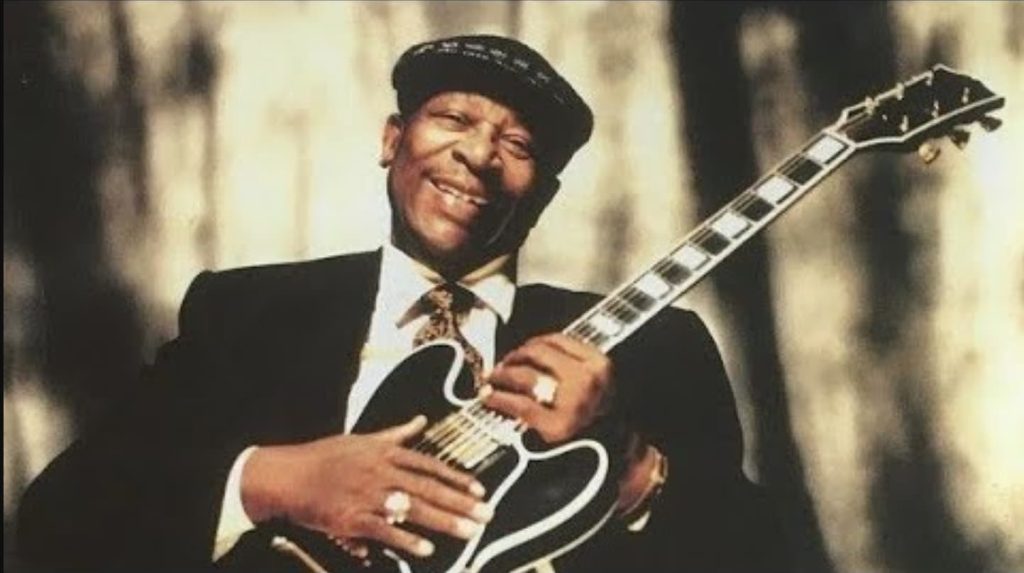
A poignant blues lament about the fading embers of love and the lingering ache of heartbreak.
“The Thrill Is Gone,” a song that has resonated with generations, stands as a monument in the landscape of blues music. Released in 1969, it became B.B. King’s signature song and his only Top 40 hit, peaking at number 15 on the Billboard Hot 100—a remarkable feat for a blues track at that time. This crossover success introduced the raw emotion of the blues to a wider audience, solidifying King’s status as a true icon. It also won him a Grammy Award for Best Male R&B Vocal Performance in 1970. The song appeared on King’s 1970 album, “Completely Well.”
The song wasn’t originally a B.B. King composition. It was written by Roy Hawkins and Rick Darnell, and Hawkins first recorded it in 1951. However, it was B.B. King’s interpretation that etched it into the hearts of music lovers worldwide. King’s version transformed the song into a blues standard, imbued with his distinctive guitar playing and soulful vocals.
The story behind the song is a classic tale of heartbreak. The lyrics speak of a love that has withered and died, leaving behind only the cold reality of its absence. The “thrill” that once defined the relationship is now gone, replaced by a sense of emptiness and resignation. This theme of lost love is universal, and it’s this relatability that has allowed the song to endure for so long. It speaks to the shared human experience of love, loss, and the bittersweet memories that remain.
B.B. King’s rendition is particularly powerful due to his masterful guitar work, especially his use of vibrato, which adds a layer of emotional depth to the song. His guitar, affectionately named Lucille, seems to weep along with the lyrics, conveying the pain and longing that words alone cannot fully express. The melancholic melody, combined with King’s soulful vocals, creates an atmosphere of profound sadness and reflection.
Imagine, if you will, a dimly lit blues club, the air thick with cigarette smoke, the clinking of glasses providing a subtle rhythm. On stage, B.B. King, dressed impeccably, pours his heart out through his guitar and his voice. Each note he plays, each word he sings, carries the weight of experience, the wisdom of a man who has lived through the joys and sorrows of love. This is the essence of “The Thrill Is Gone.” It’s not just a song; it’s an experience, a journey into the depths of the human heart.
For older listeners, this song likely evokes a sense of nostalgia, perhaps reminding them of their own past loves and losses. It’s a reminder that while the thrill may fade, the memories, both sweet and painful, remain. The song’s enduring appeal lies in its ability to connect with these deep emotions, offering solace and understanding to those who have experienced the pangs of heartbreak. The song’s impact on music is undeniable, influencing countless artists across various genres. It’s a testament to the power of the blues to capture the essence of human emotion and to transcend generations. It’s a song that will continue to resonate with listeners for years to come, a timeless reminder of the enduring power of love and loss.